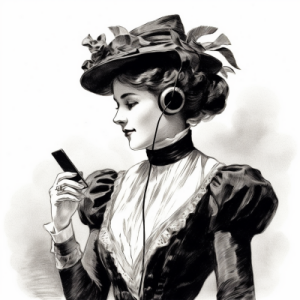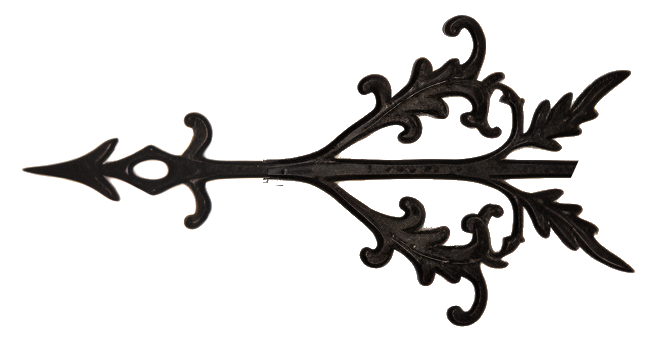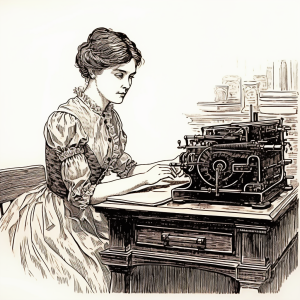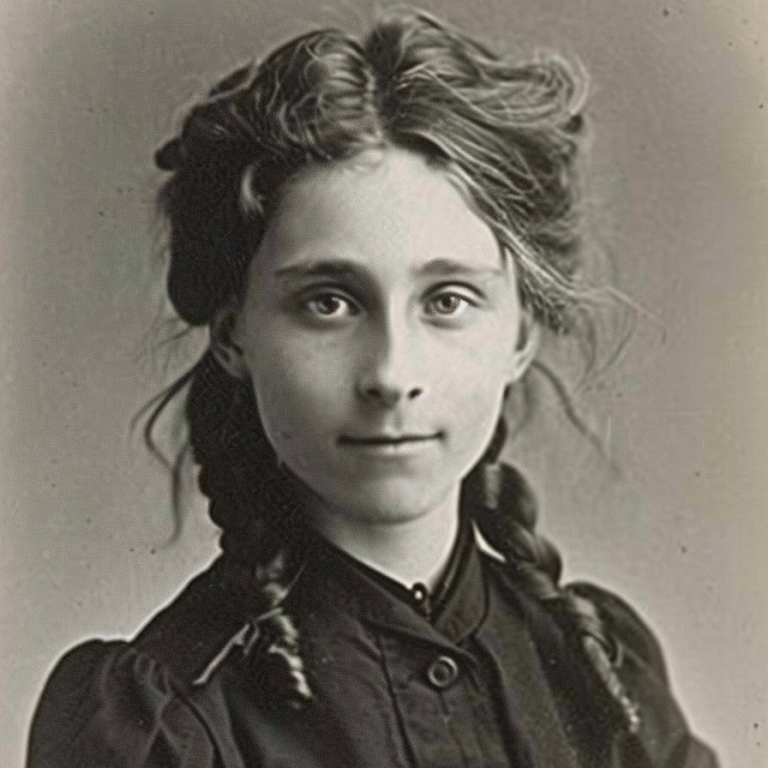The “Almighty Dollar” in London Society
CHAPTER I.
Advertising for a Chaperon
Americans are accused of having a too implicit confidence in the purchasing power of their country’s coin. In fact, certain foreigners have been known to say that the God referred to in the motto, “In God we trust,” engraved on the silver dollar, is in reality a deity of white metal designed and fashioned at the United States Mint.
“The trouble with your people,” said an Englishman to me recently, ” is that you put too much value on money. It is a convenient article, I will admit; but you seem to have an idea that you can do anything with it.”
“And, pray, will you give me a list of the things money will not buy in England as well as in
America?” I replied.
“Well, for instance,” he answered, ” take birth and position. You have an aristocracy of money in America. Here we have one of blood, where pounds, shillings, and pence are not taken into consideration.”
” Ah, indeed !” I responded, ” I don’t know anything about the pounds, shillings, and pence feature of the case; but I am inclined to think that our dollars and cents are something of a social factor over here.”
My English friend—bless his dear old aristocratic heart!—appeared to be greatly shocked at my suggestion, and assured me that I was mistaken. I longed for facts with which to confront him, and, having faith in advertising as a means of getting anything that one is willing to pay for, I wrote out an advertisement, which the next day appeared in the personal columns of a prominent London paper. Thus it ran :—
A YOUNG AMERICAN LADY of means wishes to meet with a Chaperon of Highest Social Position, who will introduce her into the Best English Society. Liberal terms. Address, “Heiress,” —.
Two days later, calling at the office of an advertising agency on Piccadilly, I found eighty-seven letters (needless to remark that there were no post-cards) in answer to my advertisement. I had offers from every fashionable neighbourhood in London. Park Lane, Cavendish Square, Grosvenor Square, South Kensington, West Kensington, all were represented; and the
thoughtlessness of the writers in signing their full names and titles to their epistles was
something that surprised me. However, nearly every letter was marked at the top “Confidential,” “Private,” or ” Personal,” and it seemed to be an understood thing that the affair should go no further. The confidence they exhibited in the “honour” of a total stranger was rather remarkable. Still, I hope the applicants will forgive me if, after having, in the kindness of my heart, kept their real names out of print, I am now tempted to publish some of their correspondence. Here is a copy of one of the letters :—
“Private.]
“A. B. C, Lady— .”
” Madam,—In answer to your advertisement, I beg to say that I have a very charming house at the above excellent address, which, in itself, would almost insure you a good social position. I speak of this, thinking that you, being an American, may not be aware that a good London address is of much importance in a social way to one whose position is not already established by birth. I am the widow of a well known English officer—the late Sir Blankety Blank—of whom you have doubtless heard, and I am also titled in my own right. My position is assured, and I can introduce you to the very best people in England, and present you at Court at the first Drawing Room. I could take you into my home next spring, or we could travel together during the winter and return to London at the beginning of the season. I would suggest that you spend the winter months, or part of them, in the South of France, where you would meet the most fashionable people. It may be of interest to you to know that I chaperoned Miss Porkolis, of Chicago, three years ago, and introduced her at Court, although she did not reside with me, as her mother took a furnished house in London for the season. I can give you good references as to my standing, and would require in return a solicitor’s and banker’s references as to your financial position.
” My terms in London for three months in the spring would be £200 per month, which would include board and residence. If you decided to travel, the terms while on the Continent would be£100 per month, you to pay the travelling and hotel expenses for both. Of course, you would also be expected to defray such expenses as carriage-hire, a maid, &c. In thinking over these terms, you must take into consideration that I offer you exceptional advantages.—Very truly yours,
In reading this letter, I was particularly struck with the fact that the writer, although she required my banker’s and solicitor’s reference as to my financial standing, asked for no voucher for my respectability and position in my own country. She was ready to bargain to introduce me not only to the best English society, but to the Queen herself, for upwards of £1,000, or something over 5,000 dols. in American money. I agreed with her that the advantages she had to offer were exceptional. The name the lady gave was one well known to me, and I was aware that she was not exaggerating when she spoke of her position in society. I had also the honour of a passing acquaintance with Miss Porkolis, whom she mentioned as having
chaperoned. Hiring the use of a private letter-box, I wrote Lady —— a letter
couched in the following terms :—
“Dear Madam,—In reply to your letter, I think it only honourable that I should tell you something of myself before making an appointment to see you. I am an American girl, an orphan of considerable means, and am willing to pay liberally for what I require. I should, of course, give you the best of references in regard to my financial qualifications, and would even pay you a part of the money in advance ; but before meeting you I must be frank enough to inform you that although I myself am fairly educated and of presentable appearance, nearly all the members of my family are ordinary people, with little or no refinement and education. But, of course, none of them are in Europe, and you would never need come in contact with them. My father owned large ranches out West, and when he died, three years ago, left me the bulk of his fortune. I do not think there is anything about me that would lead you to feel ashamed of me; but I feel it my duty to tell you that, so far as the rest of my family are concerned, they are what in my country would be termed as ‘common as dirt.’
——Library, Regent Street, W. ” E. L. B.
” Your terms are not higher than I should expect them to be. I like the idea of travelling in France; and when I returned to England I should want you to give some very elegant receptions and balls for me—I, of course, to bear all expense connected with them.
” As I have told you so much about my private affairs, I would not care to give my name and address until I again hear from you, and know that you would be willing to undertake my chaperonage and introduction at Court under such circumstances as I have mentioned. If you answer in the affirmative, I will make an appointment for you to meet me at my hotel, where I am staying with my maid.—I am, Madam, very truly yours,
The next day I received this note:—
“Lady presents her compliments to E. L. B., and begs to say that she can see no reason why she should not act as her chaperon, provided E. L. B. is herself a refined young lady and can furnish the reference previously referred to from her solicitor and banker. Lady will be pleased if E. L. B. will make an early appointment for a meeting at her hotel.’
That was the end of my negotiations with Lady ——. Her answer to my very frank avowal of my family connections certainly proved that she cared little for my ancestry or antecedents, so long as I could furnish the necessary number of dollars.




